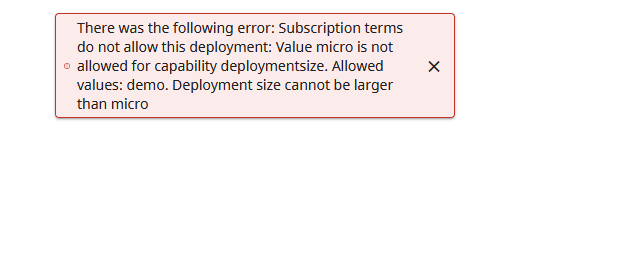Hi Developers!
Recently we discussed the naming convention on packages we deploy and even made some choices.
Here I want to have a conversation on the naming convention for unit tests.
Of course, we wish every good library has unit tests. Here is the documentation and some good articles(one, two, three) regarding it on the Developer Community.
Let's decide on the naming of UnitTests packages?
The suggestion is that unit test classes will all start with the UnitTest package name.
E.g. if your library's class name is:
johndoe.lib.class
The related unit test class will be:
UnitTest.johndoe.lib.class
What about folders?
The suggestion is that unit test classes will live separately from source classes, e.g. in /tests directory.
Here is the example of a repository with unit tests that are named and placed according to the proposal.
What do you think?




.png)